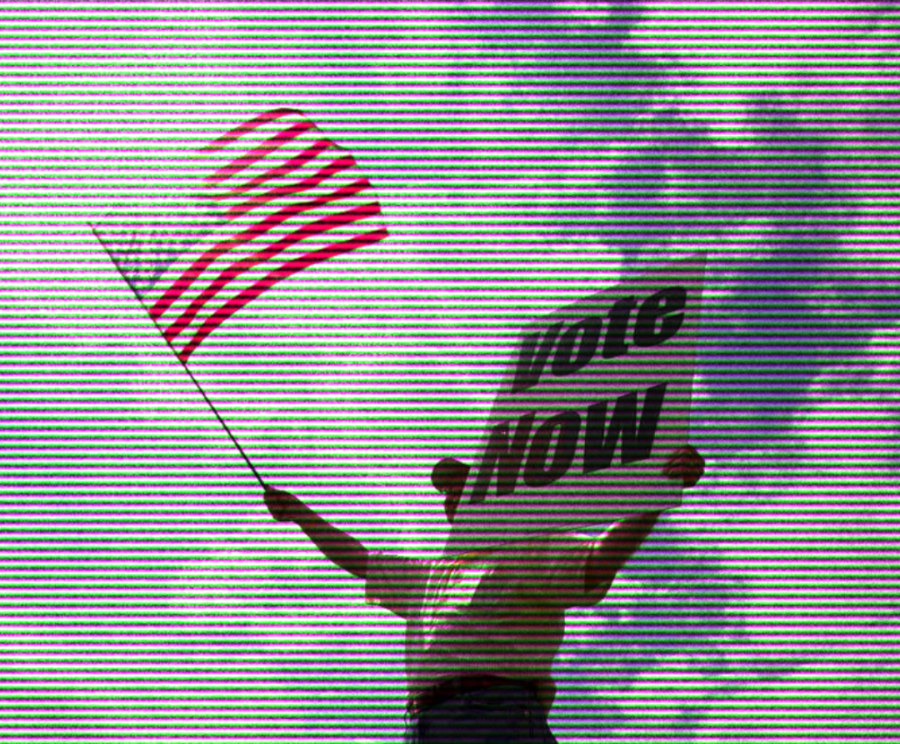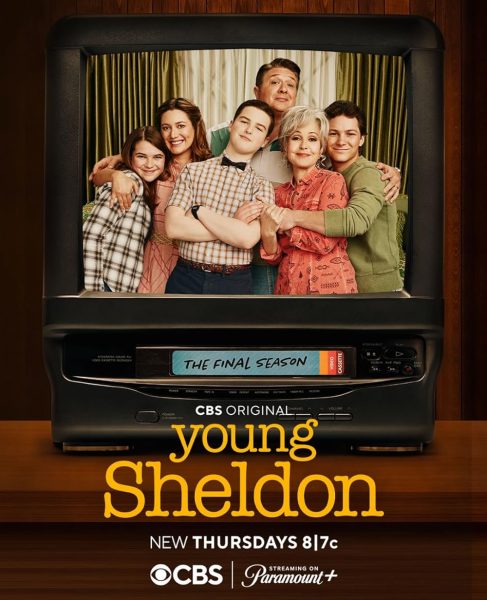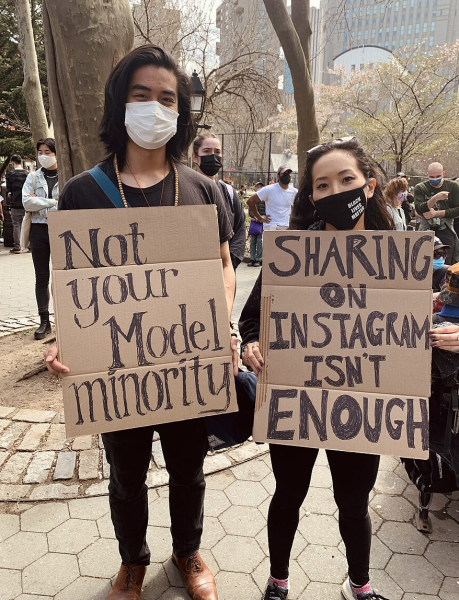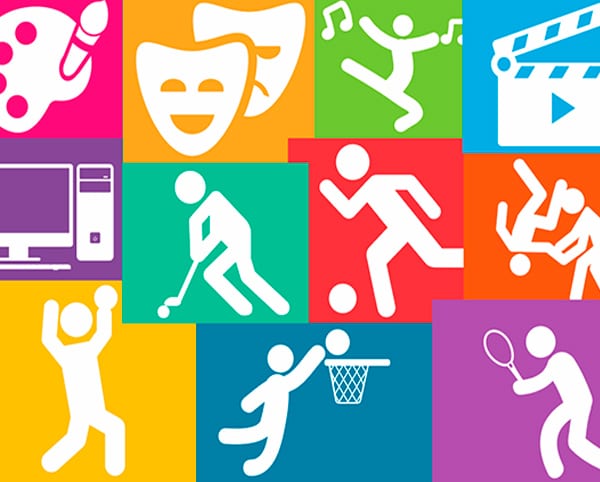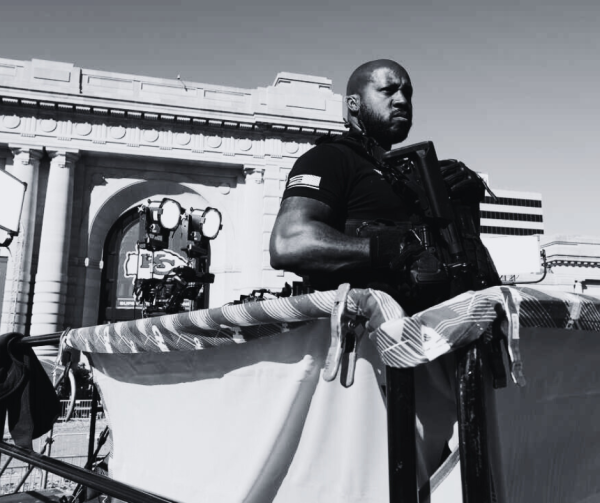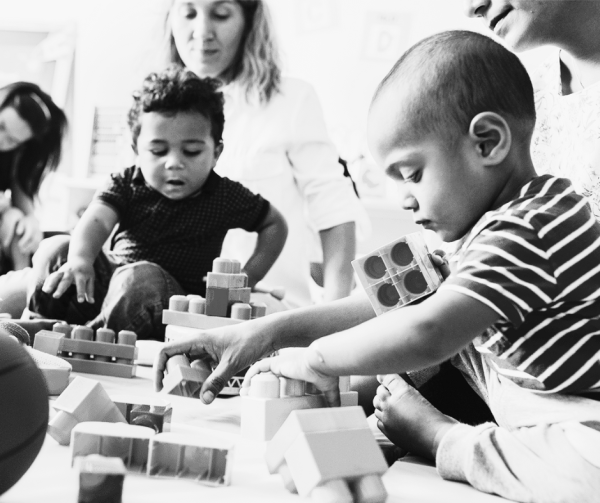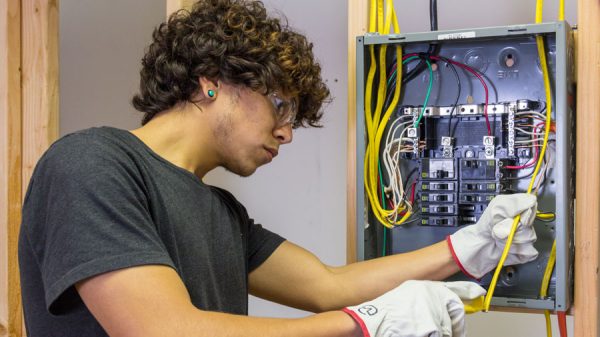Your vote matters
Midterm and local elections are notoriously overlooked by two-thirds of the population. When people don’t vote, it does democracy as a whole a disservice
November 7, 2022
With election day approaching tomorrow, as many people as possible need to get out to the polls. Despite an increase in voter turnout during the 2020 election, this year, like last year, is expected to have a smaller turnout. This is mainly due to it not being a presidential election, but other factors play a part, many of which will be explained and refuted to prove one thing: that your vote matters.
It is your right to vote. It was the driving force behind what America’s founding fathers fought for in the American Revolution. And although that only led to that privilege being granted to white, land-owning males, other groups have had to fight since then to gain the same privilege: the privilege to see their points of view and opinions reflected in the government, in the system that controls their lives.
In 1920, the 19th Amendment was finally passed allowing women the right to vote. Before that, the 15th Amendment was passed in 1870 which stated “the right of citizens of the United States to vote shall not be denied or abridged by the United States or by any State on account of race, color, or previous condition of servitude” and essentially granted Black men the right to vote; however, many groups, such as Native Americans, were kept from voting due to legal loopholes and the obstacles that arose when attempting to exercise their right.
Your voice matters. You may only have one vote per race, and you may not think that a vote matters or can make that much of a difference. But if 100 people don’t vote, that is 100 votes that could have made a difference. In local elections, where typically far fewer votes are cast, your voice has immense power.
But the same holds true for larger-scale elections. In the 2021 New Jersey gubernatorial election, incumbent Phil Murphy won by razor-thin margins. Despite being the incumbent, Murphy almost losing his position is “a testament to the Democratic Party’s strength in numbers and a potentially lackluster get-out-the-vote effort by his campaign in Democratic areas, according to political analysts.”
To move to the largest scale of them all, take the 2000 Presidential Election and Bush v. Gore, the Supreme Court case it led to. The state of Florida basically decided who won the election. The count was too close to call, with the case eventually ruling in favor of Bush, who led with a margin of a couple hundred votes.
Voting is an important part of democracy. It is what makes democracy, well, democratic. We all complain about what is happening in our lives. And some of the things can be fixed if we do a simple thing: vote.
Voting has an impact and stands to improve everyday life. If you cannot stand the numerous potholes all over town, aim to elect an official who will fix them. Electing officials who care about what you care about is the point of having a say or a vote. A vote is a voice. A voice to decide how your taxes are spent: a voice to improve education, or a vote towards equity.
You bring an individual and unique experience with your own opinions, principles, ideals and morals. And you, just like everyone else, deserve to have them reflected in the government. Substantive and descriptive representation can coexist if we all exercise our right to vote. We all deserve people with similar experiences to represent us; it is the next best thing to direct democracy and will accurately reflect the views of all people. Even in a large society, minority voices have the right to be heard.
You bring an individual and unique experience with your own opinions, principles, ideals and morals. And you, just like everyone else, deserve to have them reflected in the government.
We need to come together as a society to make this a place that better reflects all of us. By not voting, you are abstaining from having a say in your life. But when people do not abstain and, in turn, actively use their voices, real change can happen. This has been evidenced through protests by movements such as women’s suffrage and abolitionism. It has also been shown through elections and voting.
In 2020, people from both sides of the political spectrum, along with those who tend not to vote, united to elect President Joseph Biden instead of the incumbent, former President Donald Trump. According to the Pew Research Center, there was a record number of voters with the “casting [of] nearly 158.4 million ballots.”
It is important to start voting when you are eligible because of all the reasons listed above, but also because it creates a generational change: a change that future generations will build upon to increase voter turnout, which will make a more accurate democracy.

